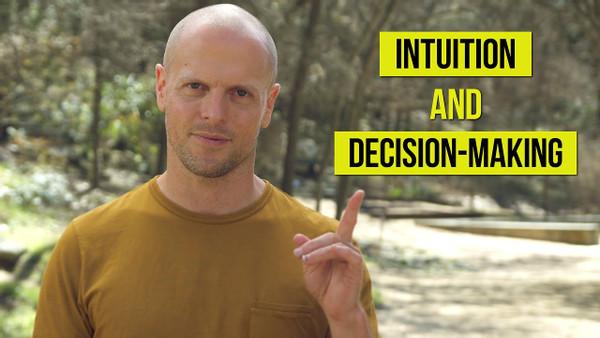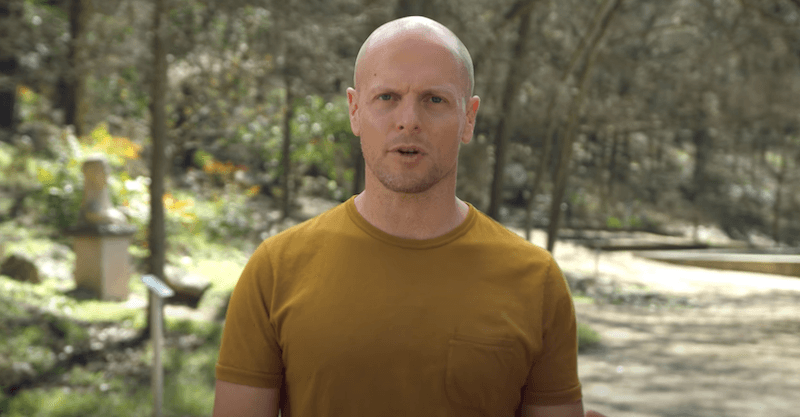Explore the World's Best Ideas
Join today and uncover 100+ curated journeys from 50+ topics. Unlock access to our mobile app with extensive features.
Making Reversible Or Fixable Decisions Fast
You don't need to make the perfect decision all the time, and if you want to preserve your decision-making energy for the things that actually matter, then try to make decisions that are not critical (e. g. deciding what toilet paper to buy or which Airbnb to rent) as quickly as possible.
If they are reversible (easily undone - like being able to get a refund for something or being able to buy another cheap item) even if they seem like big decisions, making these decisions quickly is a habit worth cultivating. It will save you energy so you can focus on decisions where the stakes are higher.
3.05K
20.9K reads
Using Risk-Benefit Lists
This practice involves writing down the best and worst-case scenarios for different options. They are good for investing-related decisions but can be applied to many other instances: If you can cap the downside, and there is an asymmetrical upside, then you know at least your maximum losses.
These are more helpful and more actionable than pro-con lists (which can be just long lists of different things to compare and contrast).
2.68K
15.8K reads
A Whole Body Yes
When you're considering a decision, scan your head-> chest-> gut and look for a YES signal in all three areas; that is the only situation in which you should say yes.
To identify what a YES feels like, it's helpful to first look for NO signals: meaning, for any contractions in your head, chest, and gut.
This practice is helpful when you did all the objective analysis and they all say you should do something, but that conclusion feels off.
2.93K
14.4K reads
When Intuition Is Not Helpful
When you say that "your intuition told you to do X" but you haven't really done any risk-benefit analysis, it means you haven't really thought through the decision, you just want to do something and you use intuition as an excuse.
Intuition is most helpful when it is pointing in a different direction from your previous analysis.
2.41K
15.5K reads
IDEAS CURATED BY
Life is not about waiting for the storms to pass. It`s about learning how to dance in the rain.
Brantley H.'s ideas are part of this journey:
Learn more about personaldevelopment with this collection
How to make good decisions
How to manage work stress
How to manage email effectively
Related collections
Similar ideas
Read & Learn
20x Faster
without
deepstash
with
deepstash
with
deepstash
Personalized microlearning
—
100+ Learning Journeys
—
Access to 200,000+ ideas
—
Access to the mobile app
—
Unlimited idea saving
—
—
Unlimited history
—
—
Unlimited listening to ideas
—
—
Downloading & offline access
—
—
Supercharge your mind with one idea per day
Enter your email and spend 1 minute every day to learn something new.
I agree to receive email updates




